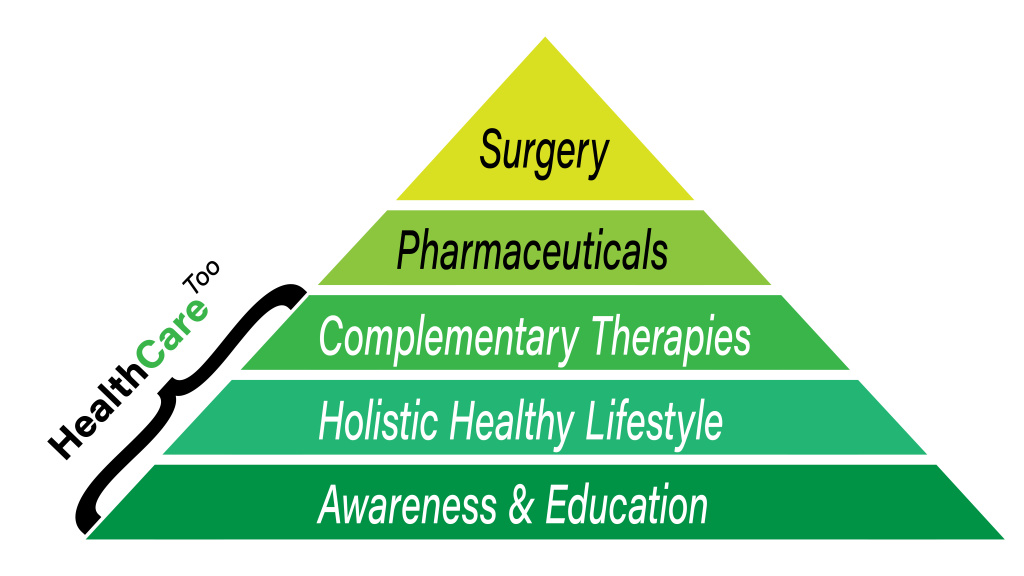Defining Holistic Health
Defining holistic health is challenging. It is, after all, an all-encompassing definition of health. Often when we think of “health” or “healthcare”, we immediately think of physicians, hospitals, and clinical care. These are undoubtedly part of the healthcare story but health is greater than medical care.
[M]odern medicine is rediscovering what the ancients knew for centuries: the condition and health of the body are affected by the mental and spiritual state of the person. Holistic health means an approach to good health that looks not only the physical state of a person, but also their mental, emotional and spiritual states.
We know, for example, how our emotions and thoughts can affect our bodies. Think about how someone may feel when about to take an important step in their life: a final exam for graduation, propose to their intended spouse, or go into battle for the first time. The body produces adrenaline. The pulse races; the breathing speeds up. Of course, these situations are temporary, but in some cases (a stressful job, being a long-term caregiver, PTSD, etc.) they can continue for months or years.
The spiritual side of things cannot be ignored, either. Research and study have shown that people with vital spiritual lives generally have less depression, lower blood pressure, and tend to live longer, more productive lives. This doesn’t mean that everyone who attends their church or synagogue will live a long, healthy life. Being religious is not always the same as being spiritual. But it does indicate that having a healthy attitude toward God and inner spirituality, can aid in having a happier and longer lifespan.
Source: What is holistic health? | The Calhoun Times | northwestgeorgianews.com
You may also enjoy HealthCare Too‘s take on Holistic Health




